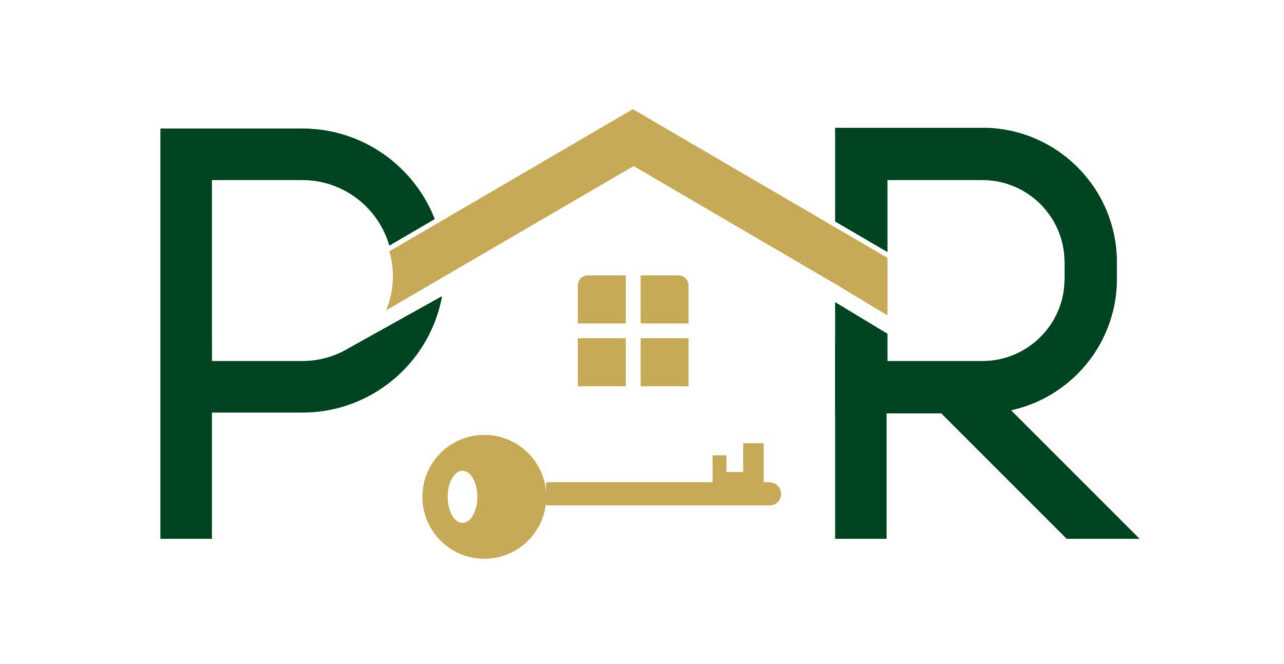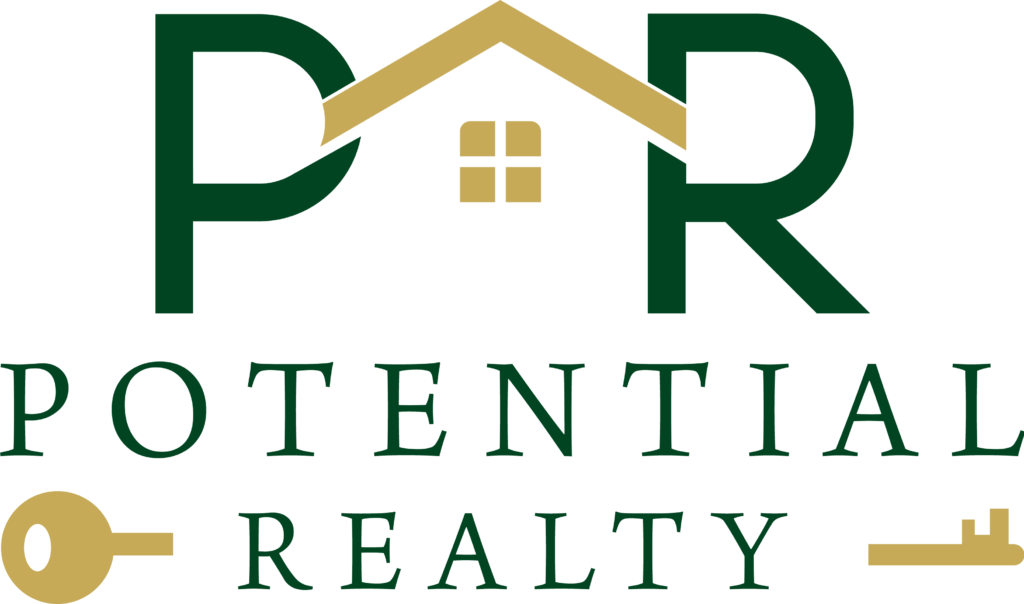The difference between a property being “on sale” and “sold” lies mainly in the sales price. Therefore, it’s important to determine the appropriate sales price before placing the property on the market. Constantly analyzing the competition and adjusting the price, when necessary, is also important.
Errors in Determining the Sales Price
- Basing the sales price on the price of neighboring properties that HAVEN’T sold.
- Trying to recoup money spent on renovations.
- Basing the sales price on a personal financial need.
- Trying to sell without motivation or need, making it difficult to compete with owners who really need to sell.
- Starting with a high price to “test” the market with plans to lower the price in the future.
7 Strategies to Determine the Right Price
- Use the prices of properties that sold in the last three months (up to six months if necessary) to determine the average sales price within your building or community.
- Analyze the available properties in your building or community to position your property as the #1 option on the market.
- Renovations are considered added value, provided you don’t try to recover the costs.
- Be aggressive on the price. Start with a very attractive price to create competition between buyers. That gives the seller various offers with which to negotiate.
- The market never allows you to give your property away. If your asking price is well below the real market price, the buyers’ offers will be above the list price. Remember that you’re not obligated to accept any offer.
- Take into account the property DOMs (Days on Market). This is the amount of time a property is on the market before it is sold.
- When in doubt, hire the services of an appraiser.
Bottom Line
If you’re a current homeowner, you may have your home for sale at the wrong sales price. Let’s get together to discuss your options for the perfect sales price and get your home SOLD.


